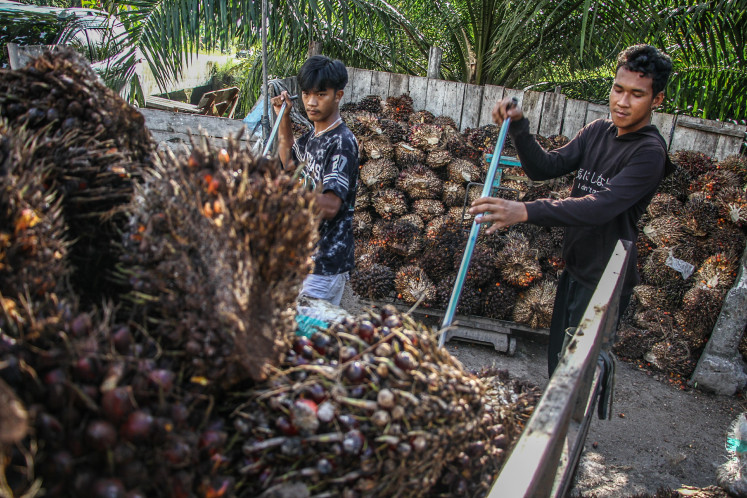Popular Reads
Top Results
Can't find what you're looking for?
View all search resultsPopular Reads
Top Results
Can't find what you're looking for?
View all search resultsSustainable eating and climate change
Sustainable eating is about behavioral changes that have to be accompanied by a robust policy to actually create the market for the habit to sustain.
Change text size
Gift Premium Articles
to Anyone
T
hree youths from Myanmar were awarded first prize at the United Nations Global Pulse Lab’s Big Ideas competition for climate action this year. They developed an app that enables users to measure methane emissions from the food they eat, including beef, chicken, pork and insects.
What’s striking is the fact that these high schoolers understand the impact of shifting diets from resource-intensive animal proteins such as beef, to environmentally friendly proteins such as insects to mitigate climate change.
In fact, shifting our diets is inevitable. WRI’s study suggested that on average, a person consumed one-third more protein than the daily adult requirement.
The study further suggested that if populations that overconsumed animal proteins reduced their intake, we could spare agricultural land roughly two times the size of India and avoid greenhouse gas emissions (GHG).
While shifting diets is necessary, sustainable eating goes beyond a diet shift and challenges vary across regions. In Indonesia, statistics from the 2016 national survey suggested that Indonesians consumed 2,037 kilocalories and 56.67 grams of protein on a daily basis, lower than the daily dietary requirement listed in Health Ministerial Regulation No. 75/2013.
This fact is in contrast to the supply side, where Indonesia has already produced twice the recommended requirement of energy and protein sources. This implies that overproduction, unequal distribution and food loss and waste might have created a gap between food supply and intake.
If these issues persist, they will not only increase agricultural resource use and exacerbate environmental problems but also hamper efforts to provide sufficient food for all communities.


















